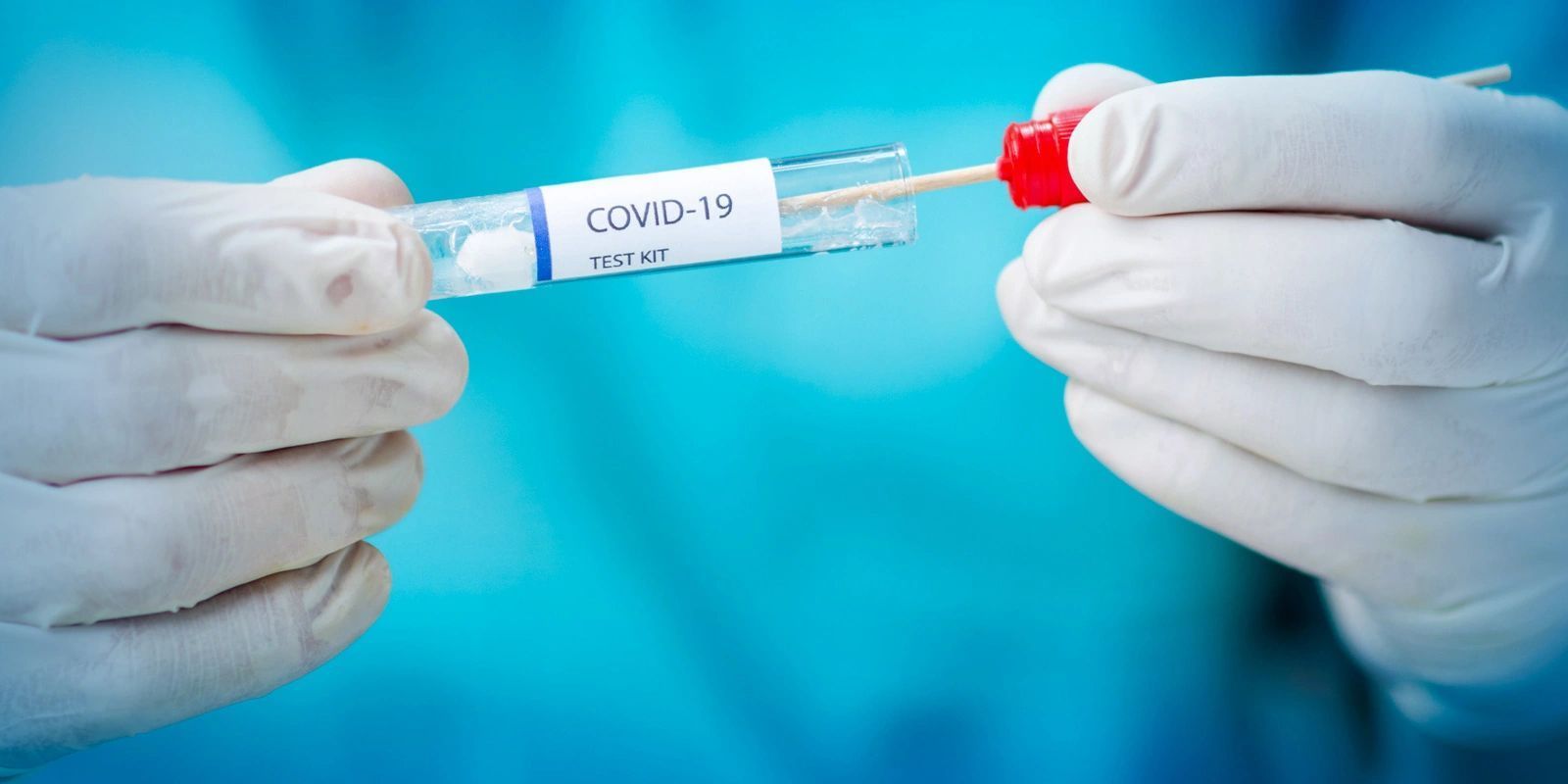October 10, 2025
Individual / ACA Marketplace Plans 1. Premiums Are Rising Sharply Insurers in many states are proposing increases in ACA marketplace premiums of 10–27% for 2026. Some preliminary data show a median premium increase around 18% nationwide. 2. Out-of-Pocket Maximums & Deductibles Increasing With healthcare costs and inflation, government rules are pushing up the limits: what you pay in deductibles, copays, and the most you’ll ever pay in a year is going up. For many ACA-compliant plans, the maximum out-of-pocket is moving significantly higher in 2026. 3. Subsidies (Premium Tax Credits) Might Shrink Enhanced premium tax credits that have helped many people afford marketplace plans are set to expire at the end of 2025 unless extended by Congress. When they expire, many people will see their net premiums (what you pay after subsidies) increase—possibly by a large margin. 4. Eligibility Rules and Participation Changes There may also be changes in who qualifies for what levels of help, and how much. Household income, size, and even your recent medical needs could affect the cost and availability of plans more than before. Medicare 1. Part B & Part D Premiums and Cost Sharing Are Increasing Medicare Part B monthly premiums and Part D premiums are projected to go up in 2026. For example, the base beneficiary premium for Part D is expected to increase about 6%, while Part B premium increases are more significant. 2. Out-of-Pocket Drug Caps Go Up The maximum out-of-pocket cost for prescription drugs under Medicare Part D will increase: from $2,000 in 2025 to $2,100 in 2026. 3. Medicare Prescription Payment Plan (MPPP) Changes The MPPP, which helps you spread prescription drug costs across the year rather than paying full cost at the counter every time, will auto-renew unless you opt out. Also, plan sponsors must process opt-outs within three days. 4. Updates to Medicare Advantage (MA), Part D, Dual-Eligible Plans (D-SNPs), and Star Ratings CMS’s 2026 final rule introduces nuanced changes in how plans are rated, how prescription drug benefits are structured, and enhancements/modifications for Dual Eligible Special Needs Plans. Why These Changes Matter for You These are not just abstract policy shifts — they can affect your wallet, your coverage, your access to care, and how much protection you really have. Here’s why reviewing your coverage matters: • Costs Could Go Up Significantly With premiums, out-of-pocket maximums, and deductibles rising, what seemed affordable last year may look very different in 2026. If you rely on subsidies for ACA plans, those shrinking could be a big hit. • Your Health Situation May Have Changed If your health needs have changed (new medications, more frequent doctor visits, upcoming surgeries, etc.), the plan you had before may no longer serve you well. A plan that seemed adequate might now expose you to large costs. • Benefit Designs Differ Widely Even within Medicare Advantage, Part D, and ACA plans, plan features vary: prescription drug formularies, preferred providers, prior-authorization rules, network coverage, and perks are not uniform. A review helps you match plan features to your actual needs (doctors you use, medications, specialists, etc.). • Avoid Gaps, Surprises, & Administrative Issues Auto-renewals or changes might happen that you miss. For instance, with MPPP auto-renewing, you might stay in a plan whose new cost structure works less well for you. Provider directories may change. If you don’t check, you could discover after the fact that your usual doctor isn’t in-network. • Opportunity to Optimize With change comes opportunity. You may find a cheaper plan, more subsidy, or better coverage that suits your situation. You might re-evaluate whether a high-deductible plan with HSA works, or perhaps a more robust Part D plan is worth the premium. A consult helps you see those trade-offs and make an informed decision. What to Ask / Look at During Your Consult or Review When you sit down to review, whether with a licensed agent, broker, or counselor, here are items you’ll want to cover: Projected total costs: premiums + deductibles + drug costs + copays + out-of-pocket maximums Changes to subsidies / tax-credits for ACA plans Plan networks: are your doctors / hospitals included? Drug formularies: are your prescription drugs covered? Are there shifts in prior authorization? Extra benefits (vision, dental, hearing, wellness perks) and trade-offs for those extras Whether your Medicare Advantage plan or Original Medicare plus a supplement better serves you, given new MA changes Timing: open enrollment periods, deadlines, required paperwork for subsidies, verification of income, etc. Conclusion: Why You Should Act Now Given all the changes ahead in 2026, waiting to review can leave you exposed: to cost increases you didn’t anticipate, to being “locked in” to a plan that no longer fits, or missing out on new benefits. Booking a consult / review now gives you lead time to: Understand what changes will hit you Adjust your budget or savings to cover increases Shop smartly and compare alternatives before open enrollment ends Make sure paperwork is in order so you don’t lose subsidies or coverage Give us a call at 706-257-5073 to schedule your 2026 consult now!




